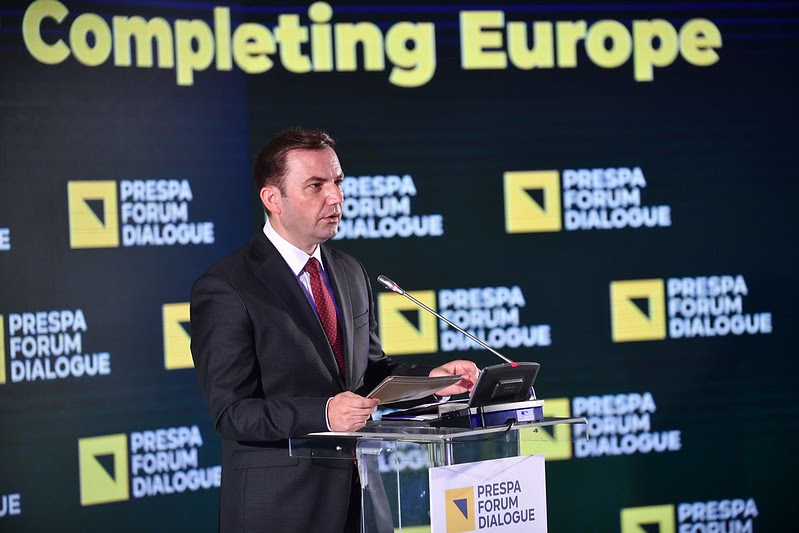Foreign Minister Bujar Osmani confirmed that the idea being reviewed with Bulgaria is that the two countries make separate, side-by-side statements, in which Bulgaria will present its positions, while Macedonia will not oppose them. Osmani insisted that Bulgaria did not fully reject this proposal, put forward by Portugal during its Presidency of the European Council, and that this is the only “still alive and valid proposal”.
The Bulgarian statement is expected to be along the lines of saying that the Macedonian language did not exist until 1944, or that until then the Bulgarian language was spoken in Macedonia. Bulgaria also insists that the Macedonian language is a dialect of the Bulgarian. In its statement, Macedonia would not refute this Bulgarian position, but would tacitly support it.
Macedonia is only expected to confirm the fact that the language as codified in 1945, without any other formulations. The EU would then note that there are two unilateral positions on this issue, Osmani said.
Bulgaria strongly resists the idea of the Macedonian language becoming an official language of the EU. At the most, it seems that Bulgaria would accept having the Macedonian language made an official EU language, but only if it is previously defined as being the same language as the Bulgarian or part of the Bulgarian language. Bulgaria holds similar positions on the national identity issue, insisting that the Macedonians were derived from the Bulgarians, and that the Macedonian national identity artificially created after the Second World War.
The Portuguese side revealed too much of the negotiations when its State Secretary for the EU Zacarias said that the “Northmacedonian” language was part of the Bulgarian language. This prompted angry retractions from Macedonia, but the talks continue, apparently along the same lines.




Comments are closed for this post.